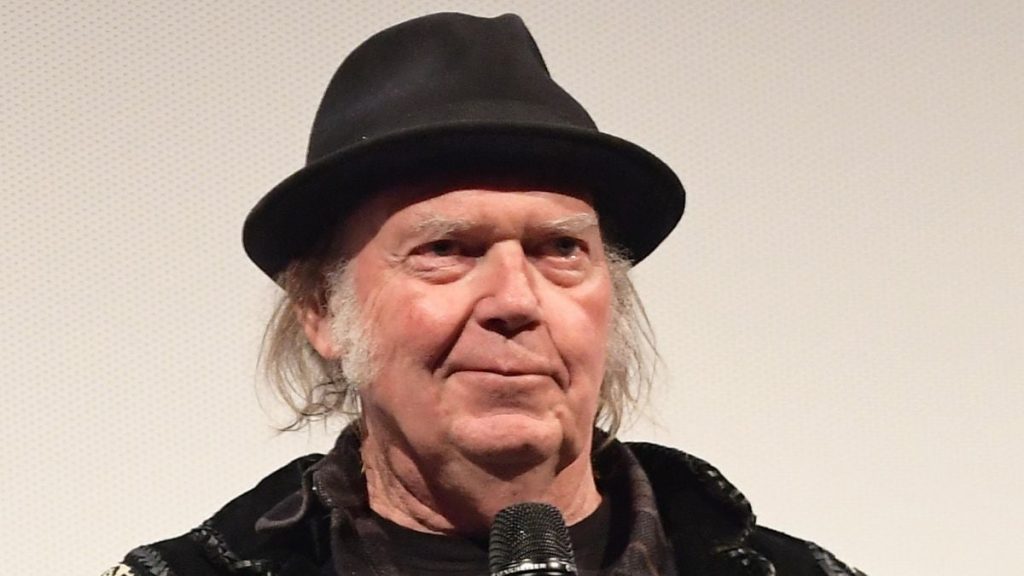Citing the non-exclusivity deal that allowed Joe Rogan's 'disinformation podcast features' to be on Apple and Amazon, Neil Young announced Wednesday that he is ending his boycott of Spotify and his music will be available on the service once again.
“I cannot just leave Apple and Amazon, like I did Spotify, because my music would have very little streaming outlet to music lovers at all,” Young explained in a statement posted to his website. “So I have returned to Spotify, in sincere hopes that Spotify sound quality will improve and people will be able to hear and feel all the music as we made it.”
Young noted that Spotify competitors Qobuz and Tidal present his music in High Res, and added, “I hope all you millions of Spotify users enjoy my songs! They will now all be there for you except for the full sound we created.”
“Hopefully Spotify will turn to Hi Res as the answer and serve all the music to everyone. Spotify, you can do it! Really be #1 in all ways. You have the music and the listeners!!!! Start with a limited Hi res tier and build from there! Thanks for your support folks,” Young concluded.
Young pulled his music from Spotify in January, 2022 in protest of the vaccine disinformation Rogan promoted on his podcast. “Spotify is spreading fake information about vaccines – potentially causing death to those who believe the disinformation being spread by them,” he said at the time.
The rock legend was soon joined by some of his peers, including Joni Mitchell. But last month, Rogan renegotiated his deal with Spotify on ludicrous terms: The music streamer agreed to drop the exclusive arrangement it paid more than $200 million for in 2020, yet still agreed to pay Rogan a staggering $250 million over an unspecified multiyear period. “The Joe Rogan Experience” is as a result now available on most of Spotify’s competitors.
In a curious coincidence, Spotify’s new deal with Rogan was announced exactly 2 months after it slashed 17% of its global workforce. The company said at the time that these brutal, pre-Christmas layoffs were necessary because “economic growth has slowed dramatically and capital has become more expensive.”



